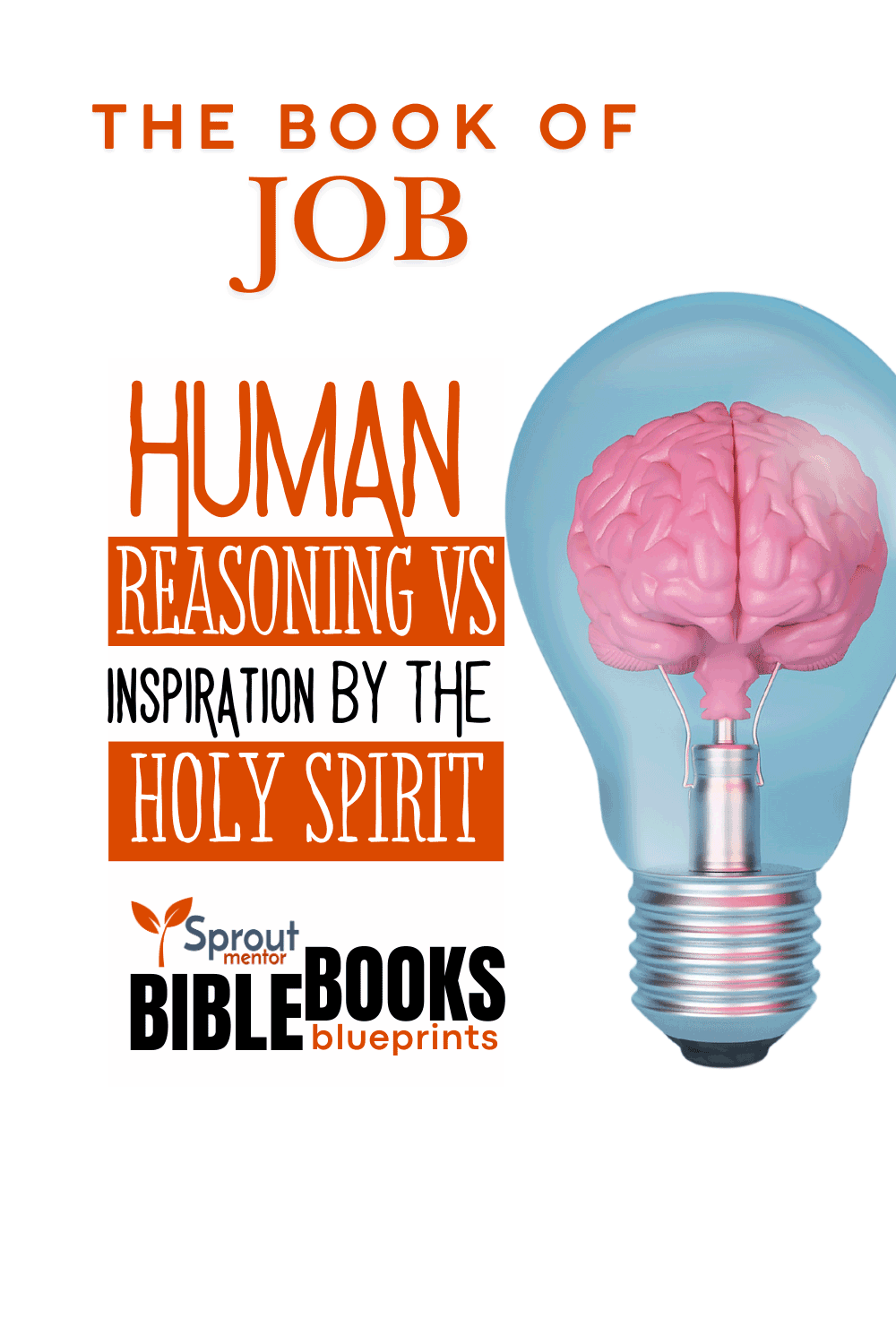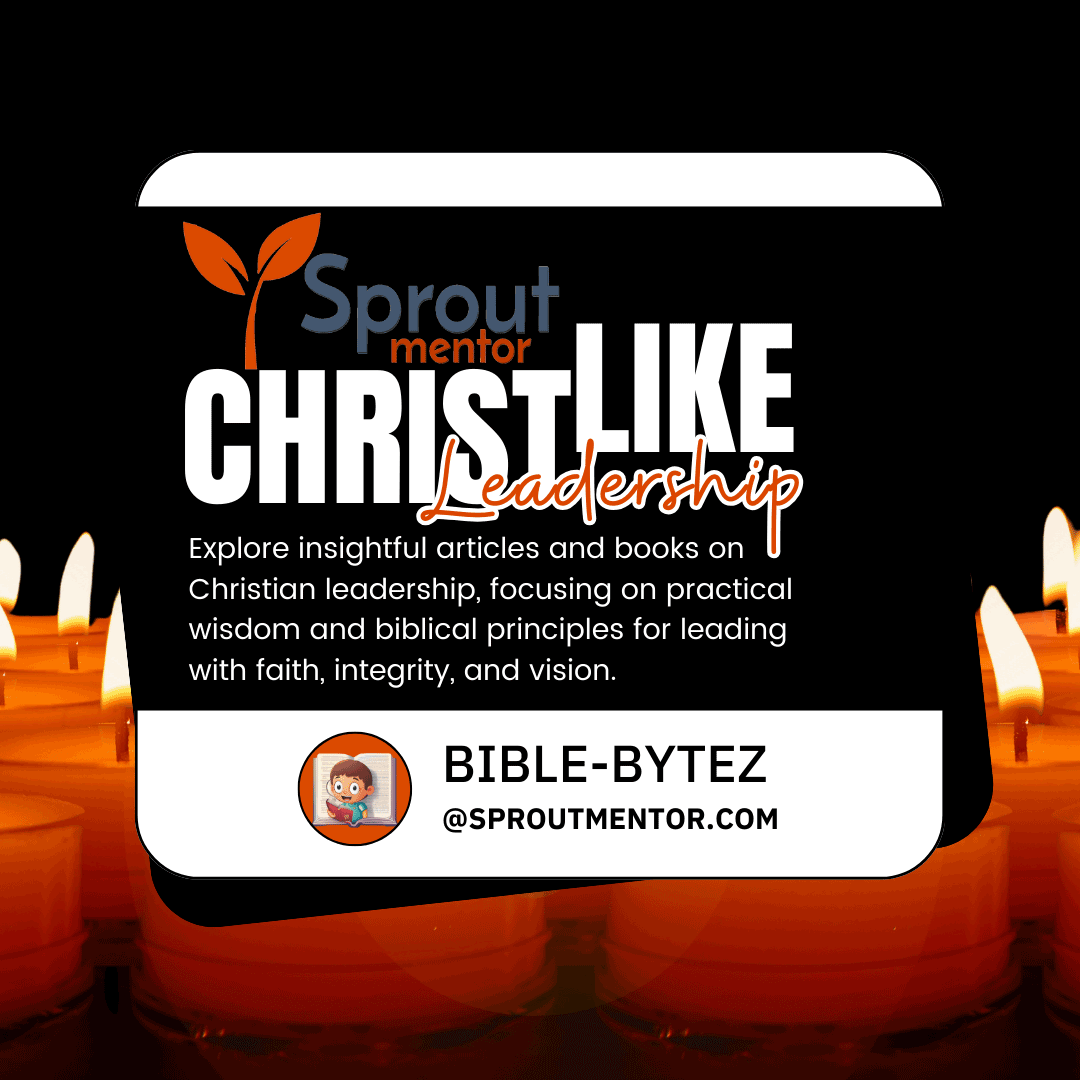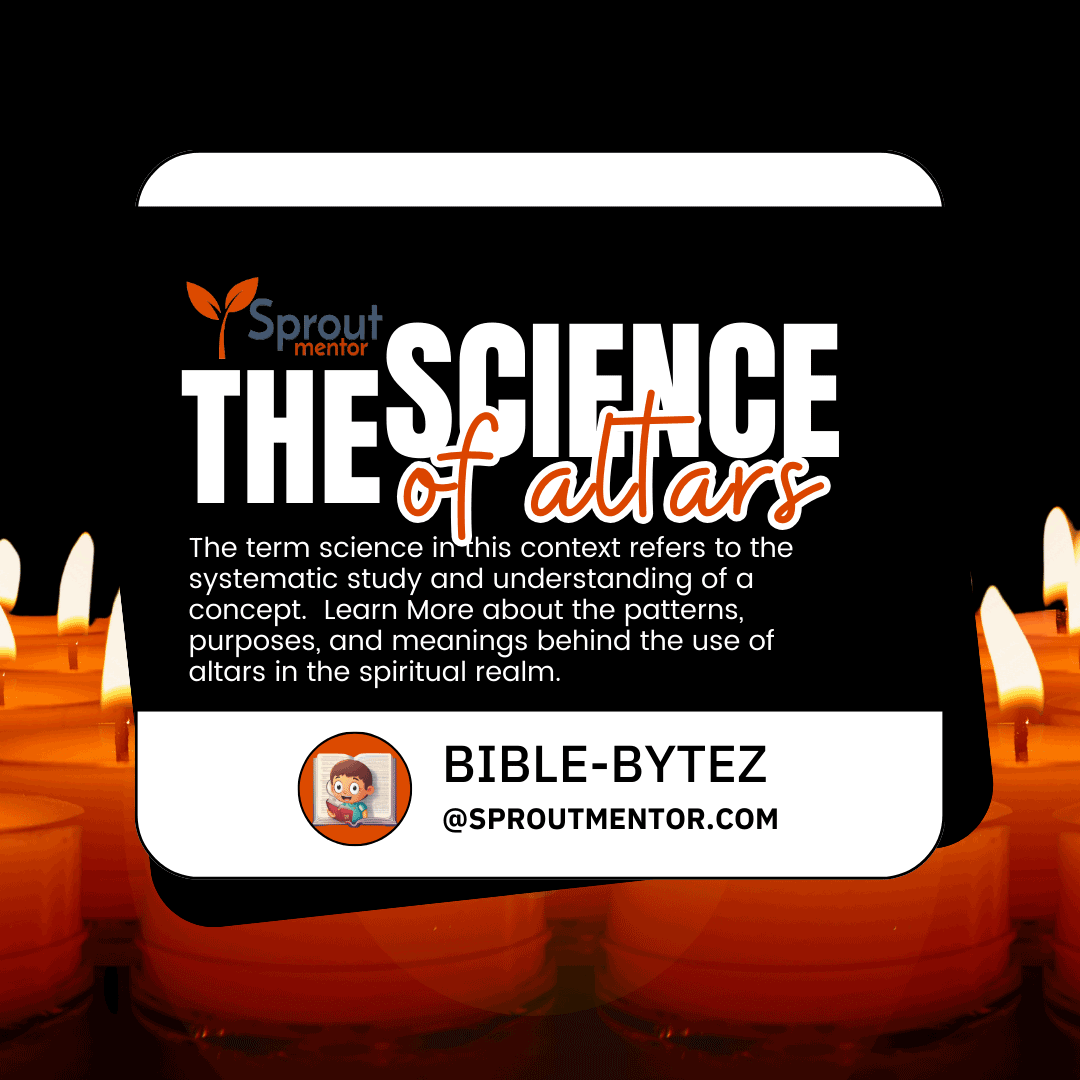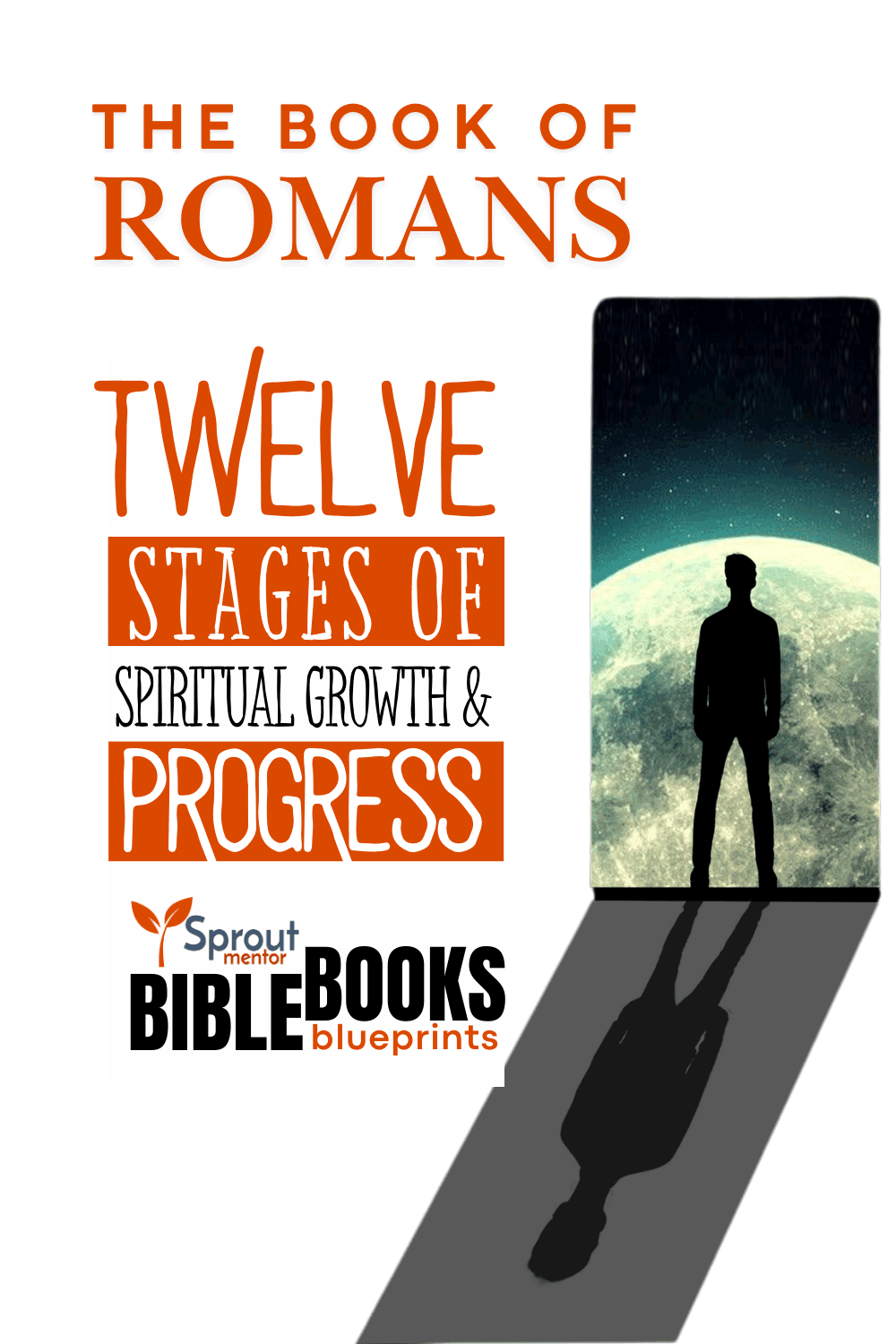Human Reasoning Versus Inspiration by The Holy Spirit (The Book of Job)

The Book of Job is not merely a tale of suffering but a rich narrative of philosophical debate between a group of wise men or “cardinals”. In Job’s time, these cardinals were considered sages, revered for their wisdom and their ability to explain the mysteries of life. Much like philosophers or religious scholars today, they were sought after for their interpretations of life’s greatest questions—suffering, morality, justice, and the divine order.
Each cardinal held a unique philosophy, a lens through which they viewed the world. However, this established system of wisdom was shaken when Job, a man considered righteous and blameless, was suddenly struck by a series of devastating, unexplainable calamities. His friends, fellow cardinals, gathered from far and wide to offer their interpretations of Job’s suffering, but their explanations only highlighted the limitations of human wisdom in the face of divine mystery. Let us trace the journey through the different philosophies presented and how God ultimately provided the final answer.
Human Reasoning
Chapter 1: The Introduction of Job, the Cardinal of the East
The story begins by introducing Job as a man of unparalleled wisdom and righteousness—a cardinal, or philosopher, revered throughout the East. Job’s philosophy was rooted in self-righteousness for he was a man of integrity, devoted to living a morally upright life, which he believed should result in divine favor and blessing. He was seen as a man who could interpret the causes of life’s challenges, offering insight and counsel based on his life experiences and understanding of God. In his worldview, suffering should not come to those who are righteous, a philosophy that was greatly challenged by the immense suffering he went through.
Chapters 2-3: The Visit of the Cardinals and their Philosophies
As Job’s suffering escalates, three other cardinals—Eliphaz, Bildad, and Zophar—travel to Job’s homeland to offer their wisdom. Each man comes with a different philosophy to explain why Job, a man so righteous, could be suffering such misfortune.
Eliphaz’s Philosophy: The Wisdom of Experience
Eliphaz is the first to speak, drawing from his life experience to suggest that suffering is always a consequence of sin. He advises Job to seek God and repent, assuming that Job’s suffering must be the result of some hidden fault. His perspective reflects a worldview that sees all events as the direct result of human behavior, especially sin. Therefore, the philosophy of Eliphaz was based on the concept of retributive justice.
Bildad’s Philosophy: The Justice of Tradition
Bildad builds on Eliphaz’s argument but adds the weight of tradition. He believes that God is just and that the wicked are always punished. For him, Job’s suffering is further evidence of a moral failure, and like Eliphaz, he urges Job to repent. Bildad’s philosophy relies heavily on the idea that history and the experiences of previous generations hold the answers to life’s dilemmas.
Zophar’s Philosophy: The Simplicity of Wisdom
Zophar’s philosophy is the most rigid. He believes that human beings can never fully understand the ways of God, but that Job’s suffering is a clear sign that he has sinned. For Zophar, the solution is simple: Job must repent, and everything will be restored. There is no room for nuance in Zophar’s outlook—he is certain that Job is wrong and God is right, embracing a philosophy of divine transcendence.
Chapters 4-31: The Debate and Job’s Response to The Philosophies of the Other Cardinals
As the debate unfolds, Job refutes each of these philosophies, asserting his innocence and challenging the simplistic views of his friends. Job’s philosophy begins to emerge—a belief in his righteousness and an insistence that he has done nothing to deserve such suffering. His main argument is that his righteousness should have protected him from such affliction. Because it did not, Job demanded an explanation from God for the unfairness of his situation. Job’s initial confidence in his moral standing before God slowly gives way to a deep questioning of how the divine operates. His suffering reveals the limitations of self-righteousness as a safeguard against the complexities and mysteries of life.
Inspiration by The Holy Spirit
Chapter 32: Elihu’s New Philosophy
It is at this point that Elihu, a younger man who has been silently listening, enters the conversation. Elihu’s philosophy marks a turning point in the book. Unlike the other three cardinals, Elihu does not accuse Job of specific sins. Instead, he offers a more nuanced perspective: suffering is not always a punishment for sin, but can also be a way for God to teach and refine.
In Job 32:8, Elihu declares, “But there is a spirit in man: and the inspiration of the Almighty giveth them understanding.” This statement is key to understanding the Book of Job. Elihu’s philosophy is that human wisdom alone is insufficient to explain the complexities of life and suffering. True understanding comes from the Spirit of God, who breathes wisdom and insight into the human heart.
Chapters 38-41: God’s Response – The Ultimate Philosophy
Finally, after all the human philosophers had spoken, God Himself entered the scene. God did not give Job the answers he expected. Instead, He overwhelmed Job with a series of questions about the creation and the universe—questions that no human can answer. Through this divine interrogation, God revealed that His ways are far beyond human comprehension.
God’s philosophy, if we can call it that, is one of sovereignty. He does not owe explanations to anyone, but He assured Job that His governance of the world is wise and just, even when it cannot be understood from a human perspective. God’s message to Job is clear: trust in Me, even when you do not understand.
Chapter 42: Job’s Revelation and Restoration
In the final chapter, Job acknowledges his limitations and repents for questioning God’s justice. Job’s revelation is not that he has found an explanation for his suffering, but that he has encountered God in a new and profound way. This encounter transformed Job’s perspective, and God restored his fortunes, rewarding him not because of his self-righteousness, but because of his humility and trust in God’s wisdom.
Conclusion: The Spirit Gives Understanding
The book of Job takes us on a journey through various human philosophies—experience, tradition, and rigid wisdom—but concludes with these profound truths:
- Human Wisdom Is Limited: The philosophies of Job’s friends reflect the many ways we try to explain suffering. Whether through the lens of justice, tradition, or divine transcendence, we often attempt to rationalize what we cannot fully understand. The Book of Job reminds us that our wisdom, no matter how profound, is limited in the face of divine mystery.
- God’s Ways Are Higher: One of the central themes of Job’s story is the reminder that God’s ways are not our ways (Isaiah 55:8-9). We may never fully understand why certain events occur, but we are called to trust in God’s sovereignty and goodness, even when circumstances are difficult.
- Self-Righteousness Is Not Enough: Job’s philosophy of self-righteousness was challenged. He believed that his good deeds and moral standing should have guaranteed him protection from suffering. However, his story shows that righteousness is not a shield against life’s challenges. Instead, it is faith in God’s grace that sustains us through trials.
- The Importance of Humility: Ultimately, Job’s encounter with God leads him to a place of humility. When God speaks to him from the whirlwind, Job realizes that he had spoken of things he did not fully understand (Job 42:3). In the end, Job repents, not for any sin that caused his suffering, but for his limited understanding of God’s majesty.
Human reasoning can only go so far. It is the inspiration of God’s Spirit that leads to true understanding. Job’s story teaches us that while we may never fully comprehend the reasons for our suffering, we can trust that God’s wisdom is perfect and that He is always working for our good, even in the midst of our trials for ALL things work together for God for those who love God (Romans 8:28).
Share This Blog Post On:
Are you looking for a deeper understanding of your faith? I’m excited to let you know that I have written books that delve into scripture and offer insights to help you grow in your Christian walk. Learn more about my books by visiting this link.







